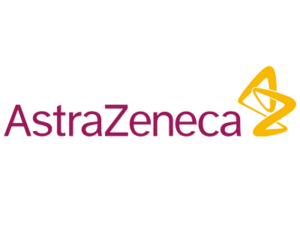Presented by Prof Dr Patrick Neven (University Hospitals Leuven, Belgium)
In this video, Prof Dr Patrick Neven discusses and comments on the data of some interesting studies presented at the first Rapid Fire Session at SABCS 2024.
The BWEL study is a large-scale trial investigating the effects of exercise and diet interventions on weight loss among breast cancer survivors. The results were positive, showing that such interventions led to significant weight loss. Biomarker analysis revealed improvements in metabolic and inflammatory markers, including reductions in leptin, insulin, insulin resistance, and C-reactive protein (CRP), an inflammation marker. Assessments conducted at six and 24 months confirmed that weight loss correlated with positive changes in these biomarkers. This suggests a potential for broader health benefits, though further data are awaited to determine whether these improvements will translate into reduced recurrence or other long-term outcomes.
The TOUCH trial, an Italian study led by Dr Malorni at Prado Hospital, examined early HER2+ breast cancer treatment strategies, comparing two neoadjuvant regimens. Patients received either letrozole, palbociclib, trastuzumab, and pertuzumab or paclitaxel with trastuzumab and pertuzumab. The primary endpoint was the rate of pathological complete response. The letrozole-based regimen achieved a pathological complete response rate of 32%, demonstrating non-inferiority to the paclitaxel-based regimen. This finding is notable for its implications in de-escalating chemotherapy in HER2+ early-stage breast cancer, potentially reducing toxicity while maintaining efficacy.
The TRAIN-3 study, a Dutch breast cancer research group initiative, investigated the de-escalation of chemotherapy guided by MRI imaging in patients with HER2+ breast cancer (both HR-positive and HR-negative) in the neoadjuvant setting. The study compared three cycles of chemotherapy combined with HER2-targeted treatment to six cycles. MRI was used to assess treatment response at baseline, after three months, and preoperatively in some patients. Results showed that three cycles were non-inferior to six cycles in terms of three-year event-free survival. These findings suggest that chemotherapy can be safely reduced in HER2-amplified patients who demonstrate a positive MRI response, offering a personalized approach to treatment that minimizes exposure to chemotherapy without compromising outcomes.
References:
Made possible with the financial support of our partners.
All videos are developed independently and are non-promotional.


